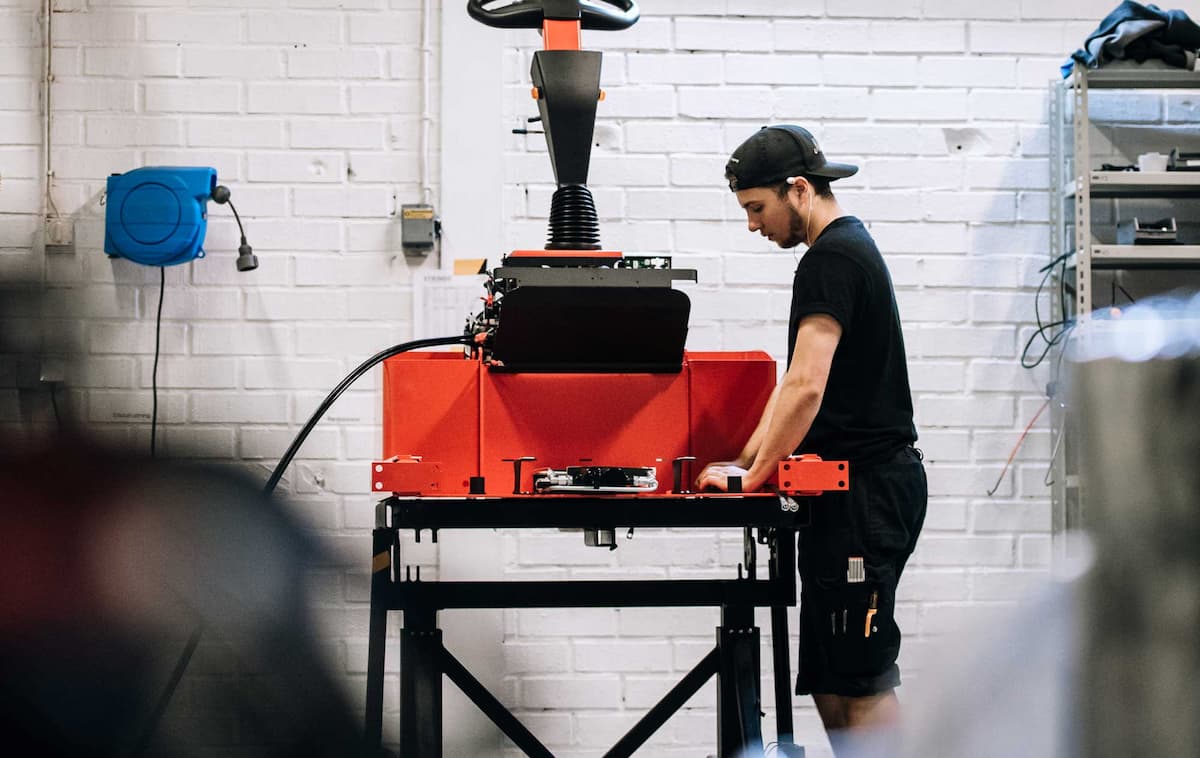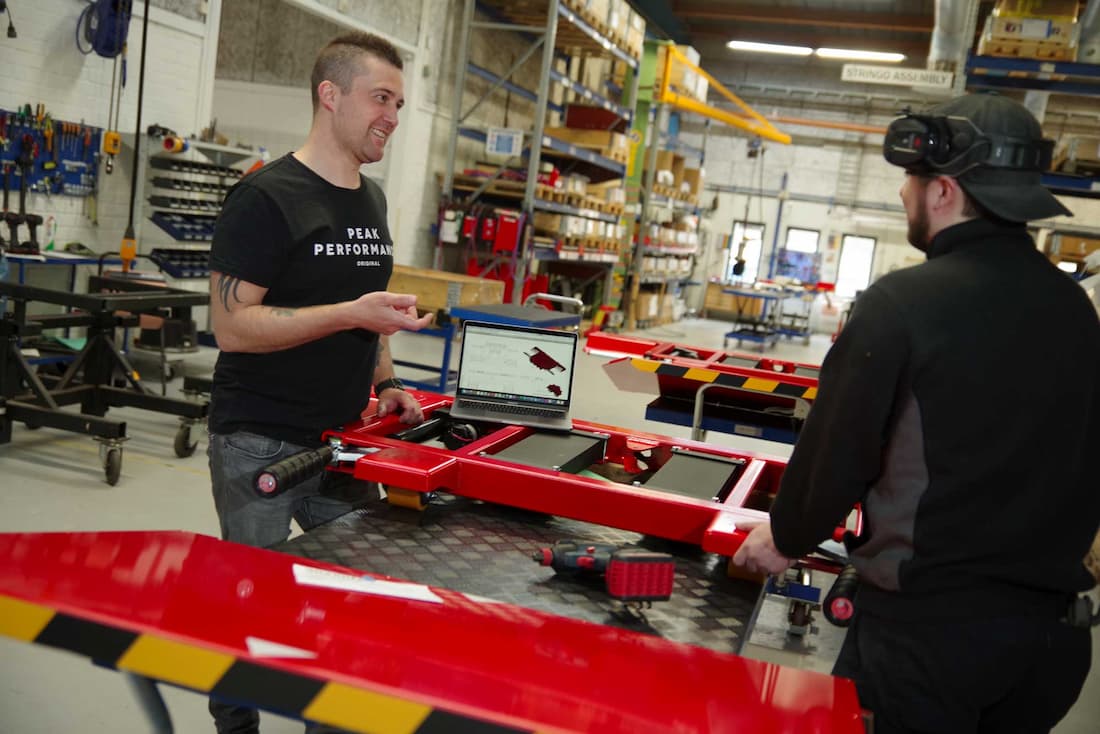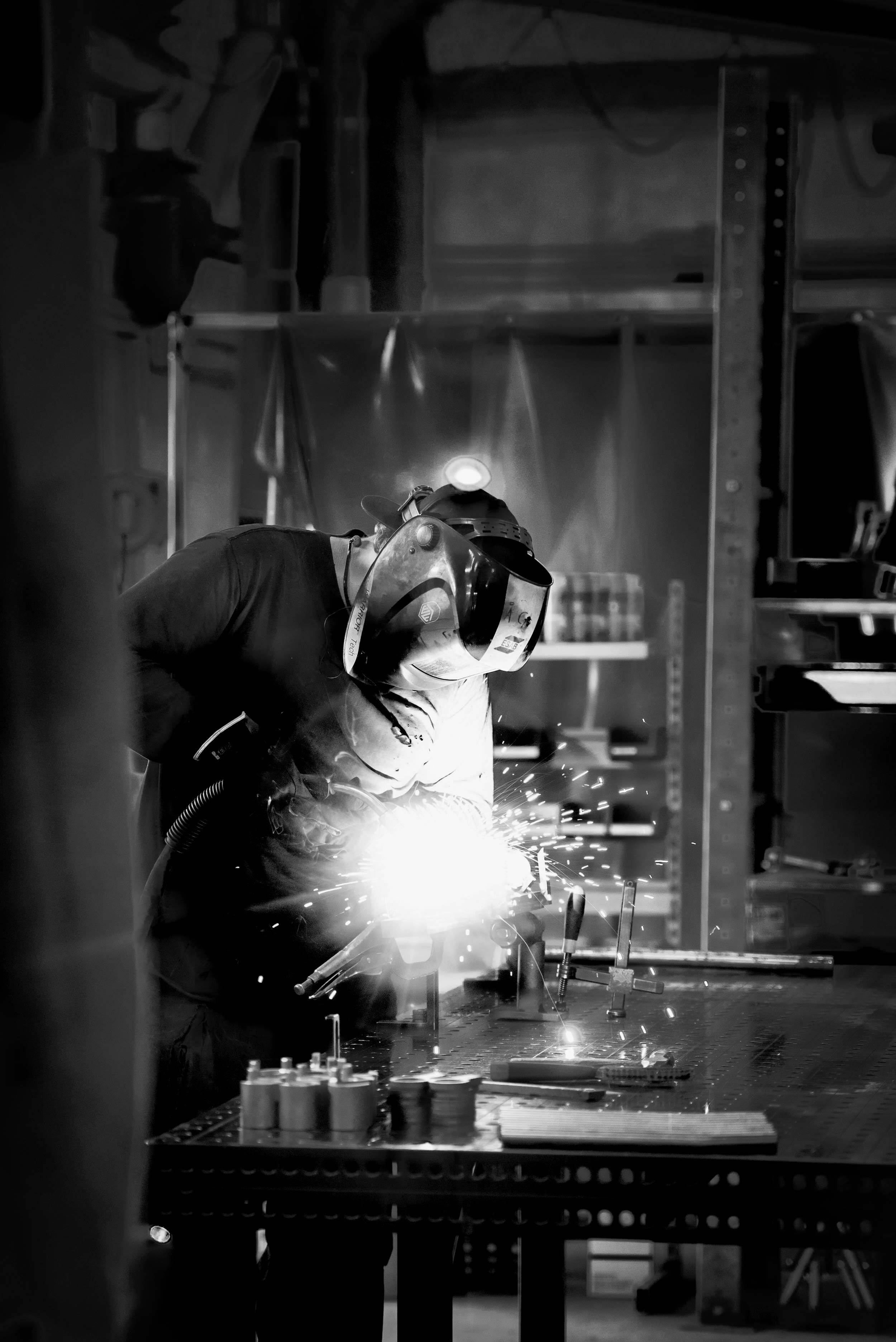Using ISO 14001 to Achieve Long Term Change
Many companies strive to be better when it comes to sustainability topics through best efforts and practices. However, to achieve the most impactful, long term effects of making our companies more sustainable, a structure needs to be implemented that is systematic, goal driven and documented.
The highest global standard for such a system is the ISO 14001 protocol which organises and helps companies achieve these elements through a globally recognised process standard. Stringo is proud to be ISO 14001 certified in Sweden for its manufacturing practices and committed to a long term programme of environmental improvement along with customers, partners, employees and other stakeholders.
Sourcing locally to lower carbon footprint and increase social value
Stringos are manufactured in our headquarters in Nyland, Sweden. As such, we endeavour to find suppliers and even raw materials made in the region to suit our rigorous demands. We’re proud to say that 85-90% of our components are made locally and that our supply chain uses these local companies to create finished products for our machines. This reduces the carbon footprint in transportation dramatically but as importantly, it creates manufacturing jobs in our local communities that has high social impact in our rural economies.
Sustainable water use
Stringo sits on the Ångermanälven river, a major tributary and water source in the north of Sweden, its beauty a reminder that water stewardship is important to keep in mind when operating an industrial business.
Our water comes from a local aquifer source and is tested on a rigourous schedule to maintain its standard and purity. In our manufacturing processes, we’ve installed advanced water reclamation systems that reduces our waste water to a minimum in our painting facility with failsafe construction for water leakage and groundwater reclamation.
Energy policies
In 2014, Stringo replaced its oil heating system with a modern, more efficient injected deep earth energy (bergvärme) system. In 2014–2016 a project was launched that reduced energy consumption by 50%. This project was in conjunction with an insulation project and a new air compressor system.
Future ambitions
Solar panels are a possible future project implementation as well as sourcing a green grid.
Fleet electrification
The decision has been made that all new company fleet vehicles are electrified herein. Additionally, employees have taken it amongst themselves to drive more ecological. At present, almost 50% of employee vehicles are electrified.
Future ambitions
90% of employee vehicles to be electrified as well as charging stations to facilitate electrified vehicle uptake.
Air quality
Stringo air quality is managed by three ventilation systems. One is used for the production area, one for the office systems and the other—a more technologically advanced solution—filters the particle matter from the painting facility.
Future ambitions
Register CDP emissions and enact best practices.
Recycling
Sweden is known for its consumer recycling traditions—almost 90%. Industrially, Stringo has a rigorous programme for its metal, wood, plastics and paper that uses Miva facilities for world class disposal.
Battery
Stringo recycles all its batteries to the highest international levels. Additionally, all Stringo machines are equipped with lead-acid batteries which are 99% recycled. This is more favourable than lithium which are, at present, is still less known with their environmental impact. At present, lithium-ion batteries are recycled at a rate below 5%.
Future ambitions
To bring battery reclamation best practices to customer and partners.
Painting facility
In 2021, Stringo switched to a more efficient and modern painting facility. This created better products but also created higher standards for worker and environmental protection.
Stringo uses high quality paints that meet the international standards for chemical hazards. In this facility, we use highly industrial ventilation techniques (see above) as well as water practices (see above).
Travel
Our employees are encouraged to carpool from the neighbouring cities to the HQ and Stringo also has remote working offices to allow these workers to reduce their carbon footprint.
Additionally, train travel is always encouraged using the local train system, SJ, which is green powered. 50% of internal country, company travel uses this method.
Lastly, our employees are encouraged to take local public transport when abroad instead of taxis of more carbon impacting methods.
Future ambitions
Offset flight carbon footprint with tree planting credits.



